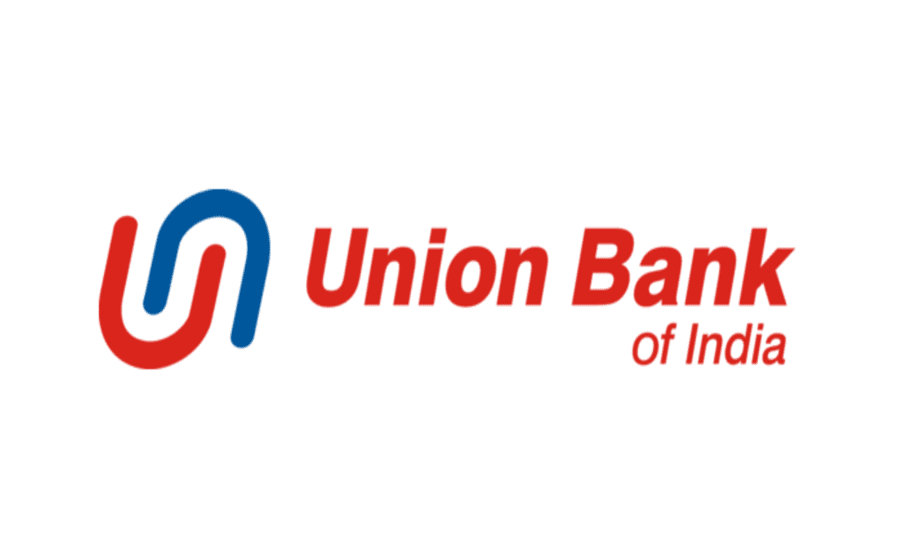New Delhi: In a rare and significant bureaucratic action, the central government has removed Pankaj Dwivedi from the post of Executive Director (ED) of Union Bank of India and reverted him to his earlier role as General Manager (GM) in Punjab & Sind Bank.
A notification issued by the Department of Financial Services (DFS) on June 24 announced that Dwivedi’s ED-level appointment has been cancelled with immediate effect.
Reversion to GM Rank Unprecedented at ED Level
Dwivedi was appointed ED at Union Bank of India for a three-year term beginning March 27, 2024. His abrupt removal just over a year into the tenure marks an extraordinary move, given the seniority and security typically associated with such appointments in public sector banks.
According to the DFS notification, Dwivedi will return to Punjab & Sind Bank, where he had served before his elevation.
Pending Charges May Have Influenced Decision
While the official notification did not mention any specific reason for the removal, multiple media reports suggest that the decision is linked to a pending chargesheet related to sexual harassment.
In August 2024, the Delhi High Court, while hearing a Public Interest Litigation (PIL) against his appointment, had questioned how Dwivedi was elevated to ED despite the unresolved allegations. The PIL had urged the court to block the appointment on grounds of procedural impropriety and pending internal complaints.
Implications for PSU Bank Governance
This action by the central government sends a strong signal regarding accountability and scrutiny in high-level bank appointments, particularly in the wake of increasing calls for transparency and ethical vetting in public institutions.
Although the matter is still under legal and departmental consideration, the move indicates a zero-tolerance stance towards allegations of misconduct—even when formal action is pending.
About Union Bank of India
Union Bank of India is a large public sector bank in India, headquartered in Mumbai. It was founded in 1919 and is listed on the stock exchange, with the Government of India holding 74.76% of the bank’s shares. The bank offers a wide range of banking and financial services to individuals, SMEs, and large corporations.






























